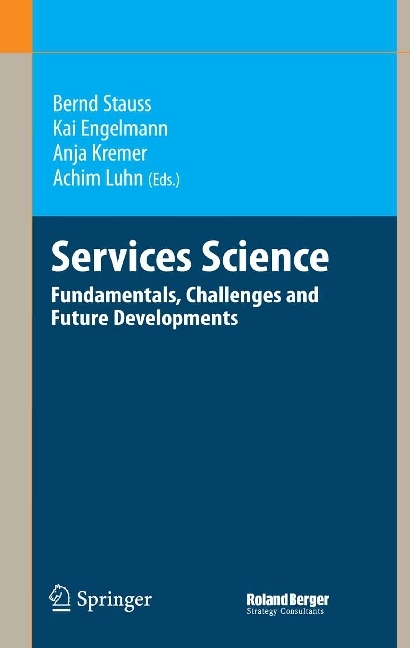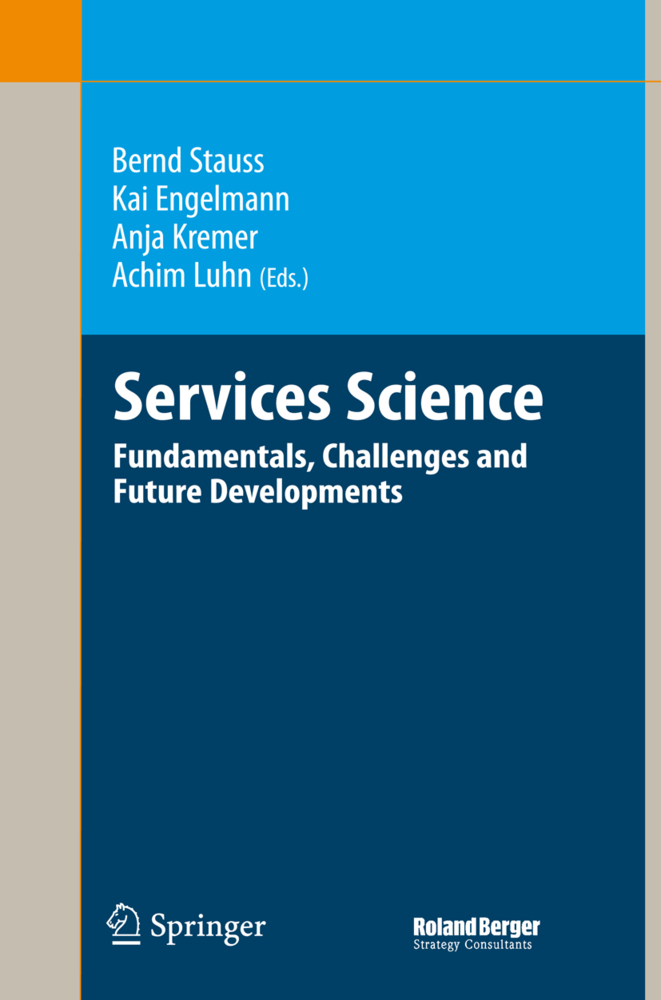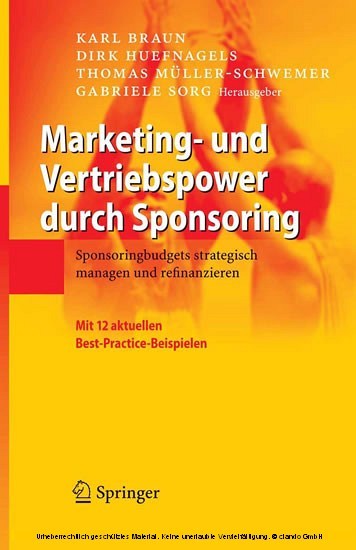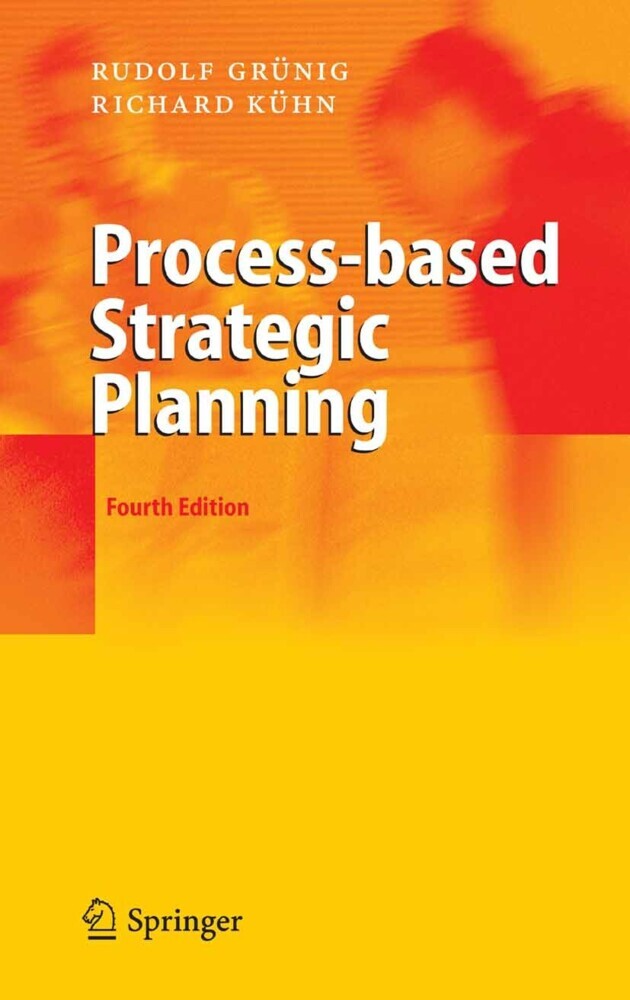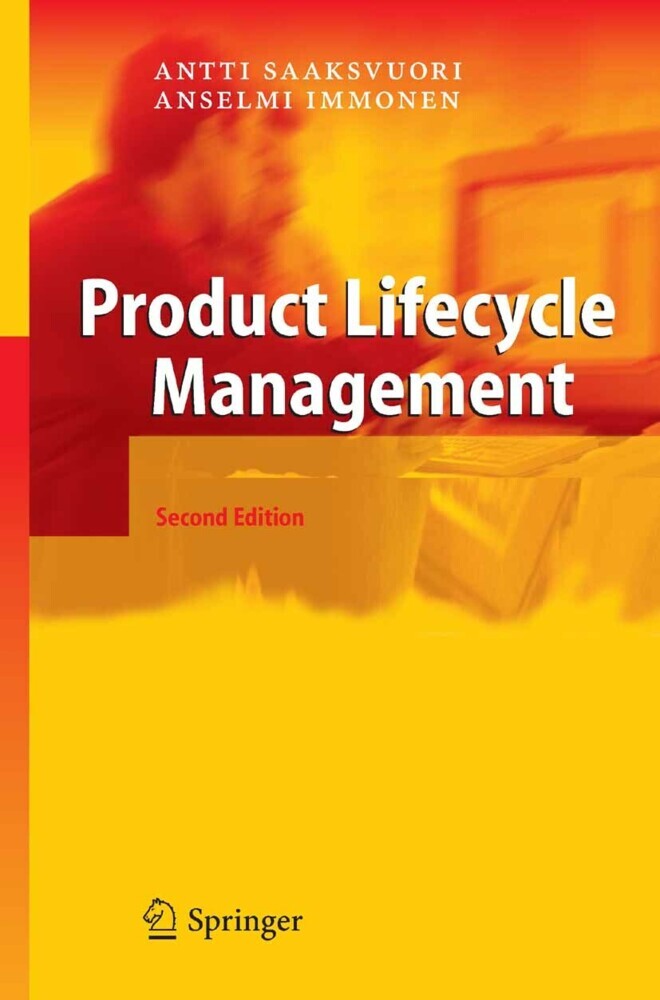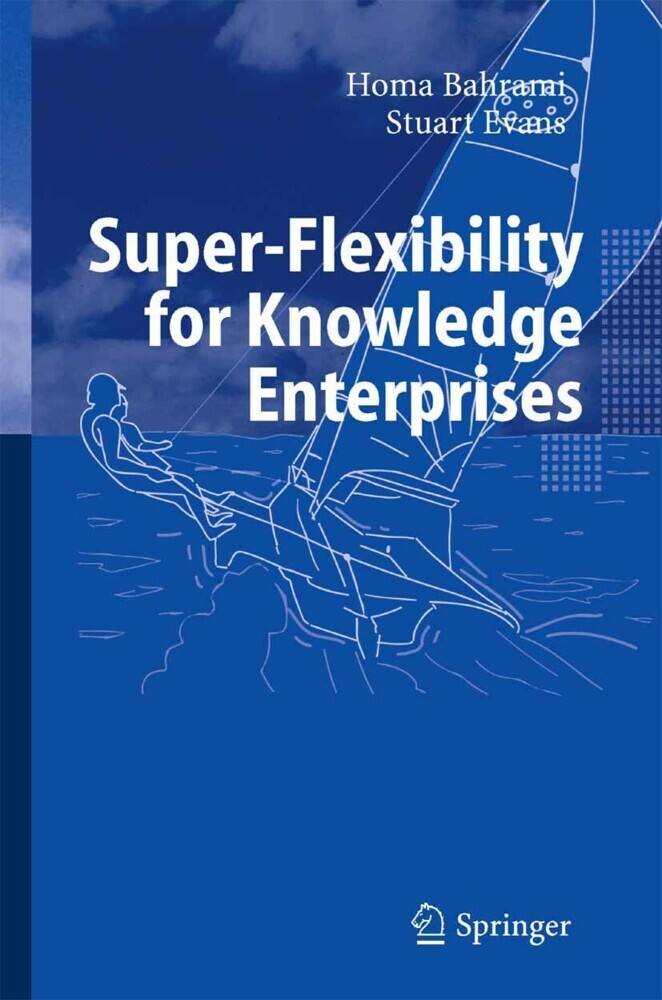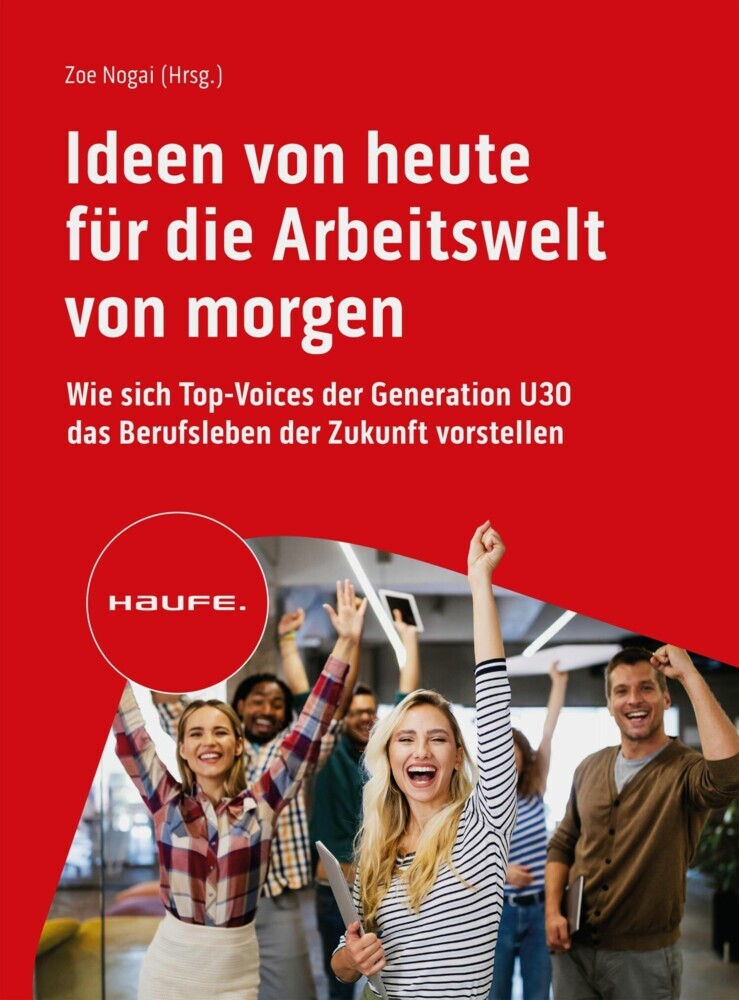Services Science
Fundamentals, Challenges and Future Developments
The service sector has dominated advanced economies for years. In many countries, it accounts for more than 70% of gross domestic product, and approximately the same percentage of all employees work in this sector. To reflect the economic relevance of the service sector, services science must be established as an academic discipline. But the path in pursuit of this goal is riddled with challenges, especially in the fields of services research, service-oriented education and service-related collaborations. This book includes detailed articles and short statements on each field, written by academics and experts. They explain which challenges need to be met by research and academic training in the services community of the 21st century. The contributions contained in this book reflect the content of presentations and statements given at the first German Services Science Conference.
1;Editorial;8 1.1;1 The Need for Services Science;8 1.2;2 Basics of a Services Science Concept;9 1.3;3 Implementation Problems and Starting Points for Solutions;11 1.4;4 Overview of the Contributions in this Book;12 2;Part 1: Services Science - Necessity and Conceptual Fundamentals;16 2.1;Services Sciences, Management, and Engineering ( SSME) and Its Relation to Academic Disciplines;17 2.1.1;1 Introduction;17 2.1.2;2 Service Research Approaches;20 2.1.3;3 Other Academic Disciplines;24 2.1.4;4 SSME and Service Systems;36 2.1.5;References;44 2.2;Service Engineering - A Transdisciplinary Approach in Service Research;47 2.2.1;1 Why Services Science?;47 2.2.2;2 Publicly Funded Service Research in Germany;50 2.2.3;3 Service Engineering as a Focal Point of Publicly Funded Service Research;51 2.2.4;4 The Contributions of a Service Engineering Approach to a Services Science;56 2.2.5;References;59 3;Part 2: Services Science - Focus Research;60 3.1;International Service Research - Status Quo, Developments, and Consequences for the Emerging Services Science;61 3.1.1;Introduction;61 3.1.2;References;73 3.2;Research on Services: From Exploring the " Residual" to Services Science;75 3.2.1;1 Introduction;75 3.2.2;2 The Characteristics of Service Research;76 3.2.3;3 Weaknesses and Drawbacks of Service Research;77 3.2.4;4 The Way Forward;80 3.2.5;References;82 3.3;Services Science - A Computer Scientist's Perspective;83 3.3.1;1 Introduction;83 3.3.2;2 Pure and Applied Sciences;83 3.3.3;3 Do We Need a New Discipline?;84 3.3.4;4 Toward Service Innovations;85 3.3.5;5 Service Innovations and Academic Research;86 3.3.6;References;87 3.4;Research Needs in the European Service Sector - An Application- Oriented Perspective;89 3.4.1;1 Research Areas;89 3.4.2;2 Need for Action;90 4;Part 3: Services Science - Focus Teaching;92 4.1;The Evolution and Discovery of Services Science in Business Schools1;93 4.1.1;1 Introduction;93 4.1.2;2 Evolution of Services Science in Business Schools;94 4.1.3;3 Evolving Services Curricula;96 4.1.4;4 Emerging Services Science Challenges;97 4.1.5;5 Emerging Demand for Services Science Education;100 4.1.6;6 Conclusion;101 4.1.7;References;102 4.2;The Perspective of Computer Science;104 4.2.1;1 What Are the Current Weaknesses of Service Education and Training?;104 4.2.2;2 Is There a Need for Independent Services Science Education at Universities?;105 4.2.3;3 Which Topics Should an Academic Services Science Education Address?;106 4.2.4;4 What Are the Challenges of Establishing Services Science at Academic Institutions?;107 4.2.5;5 How Can Services Science Be Anchored Within the Context of Continuing Academic Education?;108 4.3;The Perspective of ABB Automation GmbH;111 4.4;The Perspective of AFSM International;114 5;Part 4: Services Science - Focus Collaboration;116 5.1;Services Science - Where Practice Meets Theory;117 5.1.1;1 Introduction;117 5.1.2;2 Services - Their Characteristics and Importance for Growth and Welfare;118 5.1.3;3 Creating Knowledge in a Knowledge-Based Economy;125 5.1.4;4 Supporting Innovation in Services;130 5.2;Services Science with a Focus on Academia and Company Collaboration;135 5.2.1;1 Background, Point of Departure, and Aim;135 5.2.2;2 CTF - The Service Research Center at Karlstad University;136 5.2.3;3 The Reasons Behind the Cooperation Both from a Company and a Scholarly Viewpoint;137 5.2.4;4 How to Organize the Cooperation and Agree on the Basic Roles and Responsibilities;140 5.2.5;5 Challenges and Suggestions for the Future;144 5.3;The Perspective of Informatics;146 5.3.1;1 Benefits and Challenges of Current Collaborative Efforts Between Universities and Companies;146 5.3.2;2 Establishing Partnerships - The Case of the Competence Center for Dynamic Value Webs for IT Services Between Siemens IT Solutions and Services and the Technische Universität München;148 5.3.3;3 Governance Mechanisms and Communication Structure of the Competence Center;150 5.3.4;4 The Way Forward;151 5.4;The Perspective of Ser
Stauss, Bernd
Engelmann, Kai
Kremer, Anja
Luhn, Achim
| ISBN | 9783540744894 |
|---|---|
| Artikelnummer | 9783540744894 |
| Medientyp | E-Book - PDF |
| Auflage | 2. Aufl. |
| Copyrightjahr | 2007 |
| Verlag | Springer-Verlag |
| Umfang | 172 Seiten |
| Sprache | Englisch |
| Kopierschutz | Digitales Wasserzeichen |

